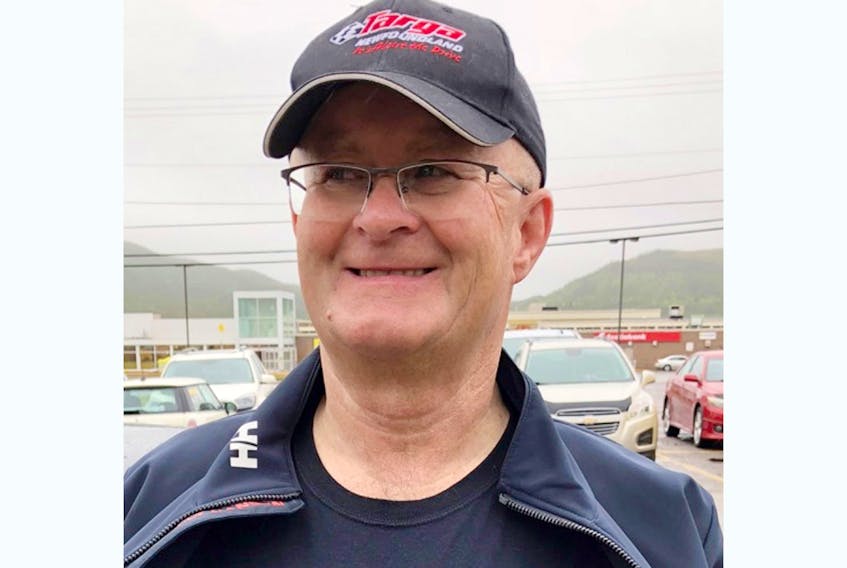BAY ST. GEORGE, N.L. — Judy Beranger, whose brother Glenn McCann took advantage of “medical assistance in dying” late last year, believes dying with assistance is only an option if we know about it.
For the McCann family, watching people die has had a stark reality, starting with Peter McCann Sr., then Peter McCann Jr. and Glenn.
Beranger said medical assistance in dying has been in place in Canada since June of 2016 and those suffering from a terminal illness and who have capacity can apply for medical assistance. Unfortunately, patients are seldom informed of this by their physician.
In November of 2018 Glenn McCann and his family were shocked and saddened with a diagnosis of kidney cancer that had spread throughout his body.
Beranger said medical assistance in dying was not offered, but Glenn was knowledgeable about this option and submitted his application. He believed in a merciful God and his deep consideration for his choice was his love of family.
She said he believed his death was not only about himself but also about the loved ones he was leaving behind.
“Glenn wanted to be alert enough to do what needed to be done and to support those he cared about before he died,” Beranger said.
He believed taking the morphine and other medications prescribed to him to reduce the horrendous pain would likely reduce his abilities to function.
Beranger said Glenn always wanted to help and didn’t want his mother, partner and family to go through what the family went through witnessing the intolerable suffering of their father and brother.
She said having to helplessly watch their pain as their life was prolonged caused a great deal of anguish and shift in the beliefs of family members.
Beranger said medical assistance in dying is a deeply personal decision influenced by a person’s own unique values, beliefs and life experiences. Unless something significant happens to change those beliefs, they tend to remain steadfast.
“In Glenn's case there were two heartbreaking experiences that significantly informed his thinking,” she said.
Beranger said their family watched their dad slowly die over nine years, often in tremendous pain. He was kept alive with life-prolonging medical interventions, many of which were quite ineffective.
“It was heart wrenching for dad and for all of us,” she said.
Beranger said her father’s concern was more for their mother and all the family. Her mother spent every day of those years visiting and trying to advocate for his care. Her father had a “do-not-resuscitate” order. Despite that, there were several times he was treated for issues which extended his life.
A little more than a year after their father’s death in July 2015, their brother Peter was given three months to live and the agony and pain he went through left everyone totally helpless. Beranger said his wife and family were by his side as he suffered through the diagnosis and all its outcomes, including a back operation to hold his spine together. She said at no point was medical assistance in dying ever mentioned as an option by his physicians.
“My experience of being with Glenn as he passed was very sad, yet humbling,” she said.
Beranger said the compassion and care shown to Glenn by the attending physician and nurse provided a sense of comfort and safety. When people are told they have a terminal illness they deserve to know all the possibilities and choices there are to make the best decision for themselves.
“Respecting the choices of others does not mean we agree with them, it just means we know we are all unique and have a right to make our own choices,” she said.
Beranger said all the physicians involved with medical assistance in dying were exceptional and caring, respecting Glenn’s right to make his own choice.
She said within the parameters of the legislation, they showed extreme caring, compassion and dignity along with a genuine interest in Glenn.









